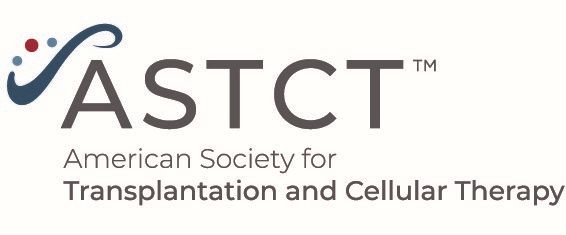
Safety of autologous freshly expanded mesenchymal stromal cells for the treatment of graft-versus-host disease

ASTCT recently published an article in their journal Nucleus detailing the use of mesenchymal stromal cells for the treatment of graft-versus-host disease
In a phase I single-center trial published in Frontiers in Immunology, researchers have investigated the safety and efficacy of autologous, early-passage, culture-recovered mesenchymal stromal cells (MSCs) for the treatment of graft-versus-host-disease (GVHD). Eligible patients with MSCs are immune cells that exist in the bone marrow and can suppress the immune system as well as regenerate tissue. A previous US-based randomized, placebo-controlled trial did not demonstrate improved outcomes with the addition to MSCs to second-line GvHD therapy, but clinical trial results in Japan have led to the approval of MSCs for GVHD there. This discrepancy in results has been hypothesized to result from differences in freeze-thawing, replication fitness, and donor source of MSCs.
The authors of this study therefore sought to control for these variables by using autologous, early-passage, and culture-recovered MSCs to determine the dose-limiting toxicities (DLTs) and efficacy for GVHD treatment. Fifteen patients 12 years of age and older with steroid-refractory GVHD were enrolled and, after screening against active fungal infections, evidence of disease relapse, or donor chimerism < 50%, 11 received MSC doses (2 × 106 MSC/kg) at variable frequencies. Patients received one, two, or four doses weekly. Although nine severe adverse events occurred, the authors determined that these were not due to study participation. Therefore, no DLTs were observed at any dose levels. In patients with acute GVHD, 75% had a response at any timepoint to the MSCs and, in those with chronic GVHD, with partial response in 5 patients at 3 months, stable disease in 1, and progressive disease in 1. Among all dose regimens, no differences were observed in regulatory T cells. Overall, the efficacy of MSC was similar to other second-line therapies for steroid-refractory GVHD, and no safety issues were observed, suggesting that further studies should be performed using MSCs for GVHD.
Reference
Stenger E, Giver CR, Langston A, et al. Safety of autologous freshly expanded mesenchymal stromal cells for the treatment of graft-versus-host disease. Front Immunol. 2022;13:959658. Published 2022 Sep 14.
doi:10.3389/fimmu.2022.959658
Newsletter
Stay up to date on recent advances in the multidisciplinary approach to cancer.




































